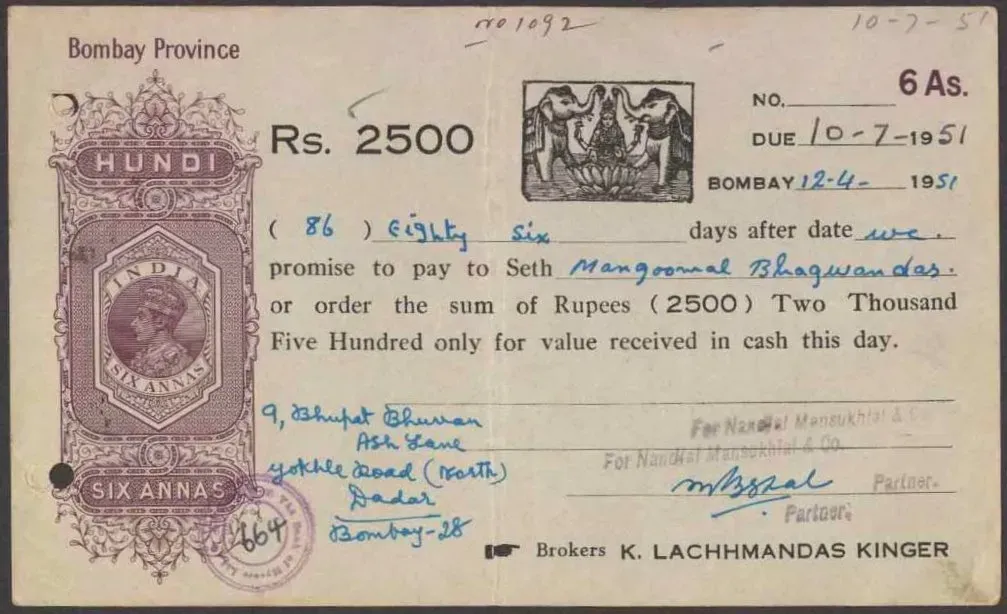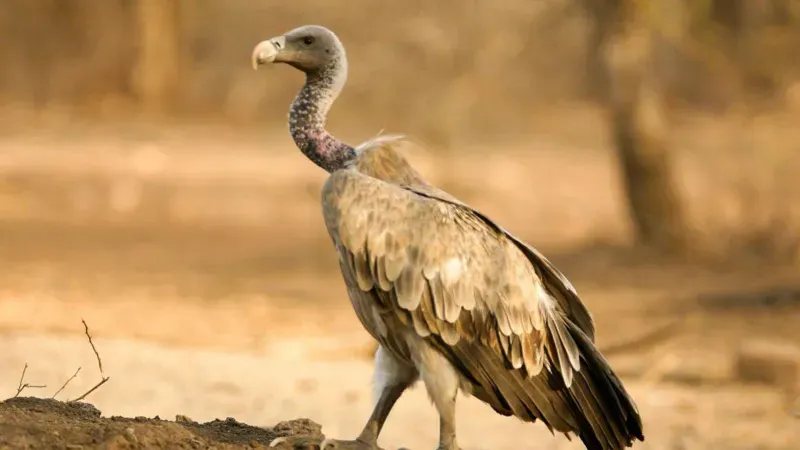They found out their parents were Russian double agents

From Reuters: "A family of Russian sleeper agents flown to Moscow in the biggest East-West prisoner swap since the Cold War were so deep under cover that their children found out they were Russians only after the flight took off, the Kremlin said on Friday."Before that, they didn't know that they were Russian and that they had anything to do with our country," Kremlin spokesman Dmitry Peskov told reporters. "And you probably saw that when the children came down the plane's steps that they don't speak Russian and that Putin greeted them in Spanish. He said 'buenas noches'." Among those released in the prisoner swap were the so-called illegal sleeper agents - the Dultsevs, a husband and wife who were convicted by a court in Slovenia of pretending to be Argentinians in order to spy, who were flown back to Russia with their two children."
The little-known, informal and underground financial system known as Hawala

From False Positive: "Imagine that you are a textile merchant somewhere along the 6,000 kilometer stretch of the ancient Silk Road. The last thing you want to do, in such a dangerous environment, is carry cash on you. Hawala is an Arabic term roughly meaning to change or to transfer. It refers to a system in which networks of brokers (hawaladars) facilitate the movement of value from one geographic location to another. Nobody really knows when Hawala was first used. But there is evidence from the 6th century that Muhammed, the founder of Islam, was familiar with at least some version. Similar systems, with equally ancient roots, have existed in India (Hundi), Thailand (phoe kuan), and China, whose term Fei-Chien translates to flying money. And they have collectively come to be referred to as different varieties of “underground banking.”
Four friends, two marriages, one affair — and a shelf of books dissecting them all

From Vulture: "The broad empirical facts are not disputed. Four friends: Hannah Pittard, Andrew Ewell, Anna Shearer, Ryan Fox. Two marriages. Years ago, they fell in together in and around the world of postgrad creative writing at the University of Virginia in Charlottesville. There’s a photograph from back when things were still good, all of them huddled together on a couch in a pose of easy camaraderie: four artists only beginning to discover the ways ambition might reshape their lives. They all stayed friends until, in the first week of July 2016, Andrew, who was married to Hannah, slept with Anna, who was married to Ryan. A couple of weeks later, Hannah found out. Soon, both marriages were over. It’s the kind of story that plays out thousands of times every day. Some endlessly replay, some yearn to forget — and then there are writers."
(Editor's note: If you like this newsletter, please share it with someone else. And if you really like it, perhaps you could subscribe, or contribute something via my Patreon. Thanks for being a reader!)
What it was like to spend seven months inside an online scam labor camp

From the New York Times: "He had been promised a generous salary. A better work-life balance. A chance to live in the vibrant metropolis of Bangkok. His fluency in English would be put to good use as a translator for an e-commerce company, the recruiter had said. Neo Lu, a 28-year-old Chinese office worker, believed the gig would be the new start he needed to save money for his dream of emigrating to the West. So in June of last year, he said his goodbyes, flew to Thailand and headed for his new job. But when he arrived, his head was spinning from the scorching sun — and the feeling that something was very wrong. Instead of an office building in a city, Mr. Lu had been dumped at what looked like a labor camp on a patch of jungle and muddy fields."
How the decline of the vulture population in India led to more than 500,000 deaths

From the BBC: "Once upon a time, the vulture was an abundant and ubiquitous bird in India. The scavenging birds hovered over sprawling landfills, looking for cattle carcasses. But more than two decades ago, India’s vultures began dying because of a drug used to treat sick cows. By the mid-1990s, the 50 million-strong vulture population had plummeted to near zero because of diclofenac, a cheap non-steroidal painkiller for cattle. Since the 2006 ban on veterinary use of diclofenac, the decline has slowed in some areas, but at least three species have suffered long-term losses of 91-98%. The unintentional decimation of these heavy, scavenging birds allowed deadly bacteria and infections to proliferate, leading to the deaths of about half a million people over five years, says the study published in the American Economic Association journal."
Archaeologists discovered a 4,000-year-old toppled monolith but how it fell is a mystery

From Popular Mechanics: "At some point in the last 4,000 years, an ancient 7.5-foot-tall monolith on the Mediterranean island of Cyprus could no longer stand on its own, and toppled to the floor. Experts that have studied the aftermath have declared the site the oldest sacred location ever found on the island. While crews scoured the remains of the archaeological site of Erimi, a prehistoric settlement atop a limestone terrace near the south coast of the island, they discovered the remains of a large room featuring a monolith more than 7.5 feet tall. The tower is completely smooth and has a motif in the center consisting of a circular pattern of cups. The room—and monolith—are dated to the Middle Bronze Age, roughly 4,000 years ago. Bombardieri believes the site has ritual function and ideological values that offer “particular significance.”
Syncronized divers look like a single person when shown from the side
China's Chen Yuxi and Quan Hongchan won gold in the women's synchronized 10m platform diving event with a performance that was so synchronized and flawless, they appeared as one diver while jumping from a side view. pic.twitter.com/13GiXAYrar
— Game of X (@froggyups) August 1, 2024
Acknowledgements: I find a lot of these links myself, but I also get some from other newsletters that I rely on as "serendipity engines," such as The Morning News from Rosecrans Baldwin and Andrew Womack, Jodi Ettenberg's Curious About Everything, Dan Lewis's Now I Know, Robert Cottrell and Caroline Crampton's The Browser, Clive Thompson's Linkfest, Noah Brier and Colin Nagy's Why Is This Interesting, Maria Popova's The Marginalian, Sheehan Quirke AKA The Cultural Tutor, the Smithsonian magazine, and JSTOR Daily. If you come across something interesting that you think should be included here, please feel free to email me at mathew @ mathewingram dot com



